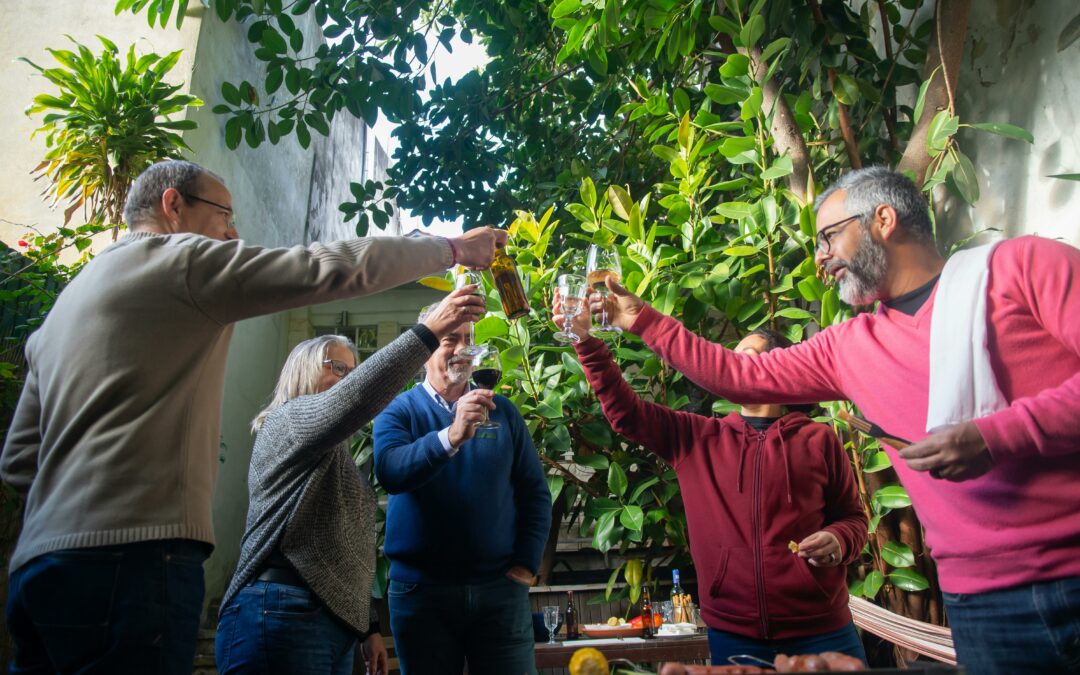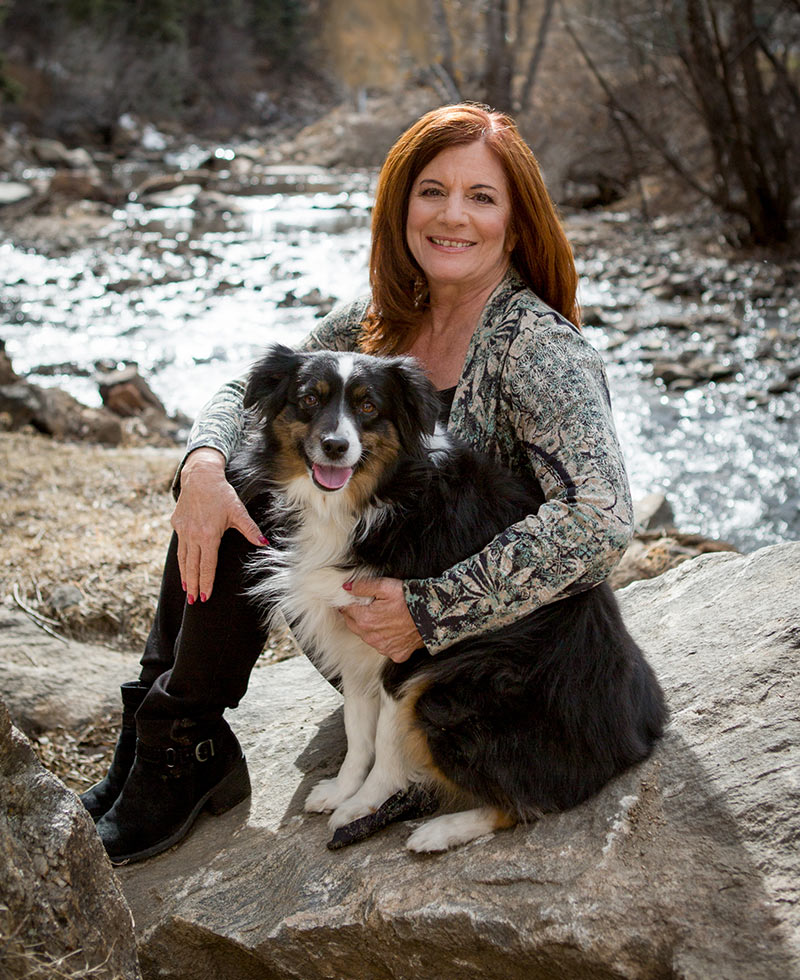Friendships and community connections are invaluable for aging adults, offering companionship, support, and a sense of belonging. As we grow older, these relationships become even more important, significantly boosting emotional well-being and enhancing the quality of life.
The Value of Friendships
In the later stages of life, friendships are essential for both emotional and physical health. These bonds provide crucial emotional support, helping us navigate the challenges and changes that come with aging. Sharing experiences and feelings with friends can alleviate stress and promote mental health. Maintaining friendships combats loneliness and isolation, with regular interactions increasing happiness and fostering a sense of connection. Moreover, strong social ties are linked to better physical health, reduced risk of depression, and longer lifespans. Friends motivate us to stay active, pursue hobbies, and engage in meaningful activities.
Building New Friendships
Forming new friendships later in life may seem challenging, but it’s entirely possible with a proactive approach. Joining clubs or groups centered around shared interests—like book clubs, gardening groups, or exercise classes—is a wonderful way to meet new people. Volunteering for causes you care about not only contributes to the community but also opens doors to friendships with like-minded individuals. Attending community events, workshops, and social gatherings provides opportunities to meet new people and start conversations. Engaging in hobbies or learning new skills in group settings fosters camaraderie and new connections.
Maintaining Friendships
Maintaining and deepening existing friendships requires effort and commitment. Regular communication through phone calls, emails, or social media helps keep bonds strong, especially with friends who live far away. Showing genuine care and support during both good times and bad strengthens friendships, creating a foundation of trust and loyalty. Engaging in shared activities or discovering new interests together can rejuvenate friendships and create lasting memories.
Creating a Sense of Community
Being part of a community offers a broader support network and a sense of belonging. Joining or forming neighborhood groups can foster a sense of local community through social events, neighborhood watches, and communal activities. Participating in religious organizations provides spiritual support and a network of caring individuals. Engaging in online communities, especially those focused on specific interests or demographics, can offer connection and support, particularly for those with mobility issues or who live in remote areas.
Actively seeking out and nurturing friendships and community connections can profoundly impact overall quality of life. By valuing and investing in these relationships, aging adults can enjoy emotional support, reduced feelings of isolation, and a greater sense of purpose. Embrace the opportunities to connect with others and create a rich, fulfilling social life in your later years.


